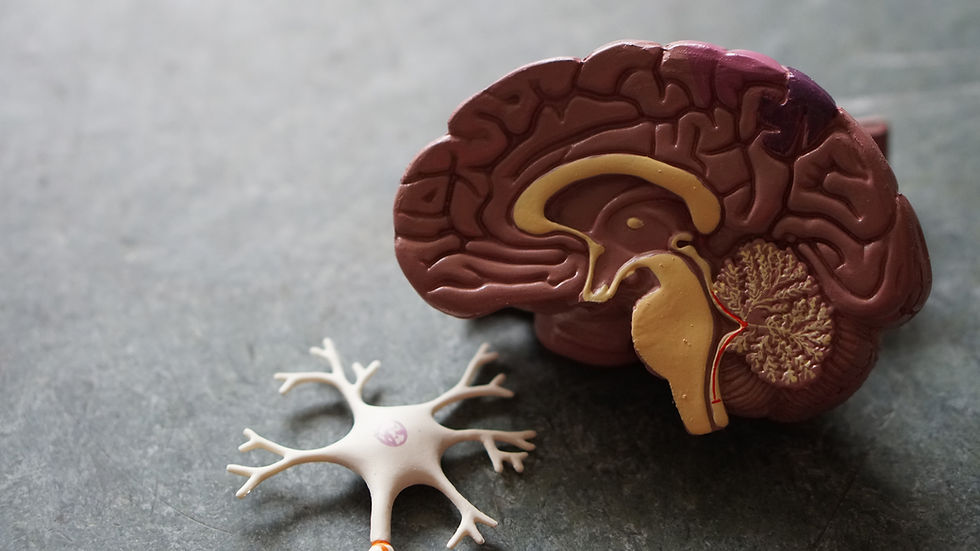The Circulatory System in Humans
- Malkiat Singh Duhra
- Apr 30, 2024
- 2 min read
Updated: May 1, 2024

The circulatory system is made up of blood vessels that carry blood away from and towards the heart. Arteries carry the blood away from the heart and veins carry blood back to the heart. The circulatory system carries oxygen, nutrients, and hormones to cells and removes waste products, like carbon dioxide. An adult’s body holds about 5 litres of blood.
The heart is a pump, usually beating about 60-100 times per minute. With each heart beat, the heart sends blood throughout our body, carrying oxygen to every cell. After delivering the oxygen, the blood returns to the heart. The heart then sends the blood to the lungs to pick up more oxygen. This cycle repeats over and over again. With each beat the heart pumps 70 ml of blood out of the heart. It can move 5-7 litres of blood in one minute and 7600 litres per day. Blood flow is at an average speed of 3-4 mph ( walking speed ). The heart beats about 2.5 billion times in a lifetime.
How to take care of your circulatory system:
Eat healthy.
Get active, do exercise regularly.
Stay at a healthy weight.
Do not smoke.
Control your cholesterol and blood pressure.
Avoid use of alcohol.
Manage stress.
Circulatory system diseases can cause issues:
Problem with your heart’s pumping action.
Change in heart’s structure.
Insufficient blood flow.
Blocked or narrowed blood vessels.
Weakened blood vessels.
Diseases affecting the circulatory system:
Aneurysms are weak spots in the walls of your arteries that can expand like a balloon. These may rupture or cause blood clots.
Arrhythmias is an irregular or abnormal heart beat, which prevents your heart contracting and relaxing normally.
Atherosclerosis is a build up of plaque in arteries which makes it harder for blood to flow through arteries.
Blood Pressure conditions.
Cardiomyopathy affects your heart muscles leading to weakened heart pumping.
Congenital heart disease is a heart problem with newly born babies, which involves some defects in the heart.
Heart failure.
Heart valve disease.
High cholesterol.
Stroke.
Vasculitis is an inflammation of your blood vessels.
Venous diseases affect your veins.
Common symptoms of circulatory system diseases:
Angina.
Dizziness.
Shortness of breath.
Fainting.
Fatigue.
Swelling, most commonly in your legs.
Heart palpitation.
Aneurysm rupture.
Heart attack.
Pulmonary embolism.
Stroke and mini stroke.
Ventricular fibrillation.
Please note this post is only for informational purposes and is not medical advice. Please consult your doctor for professional advice.


Comments